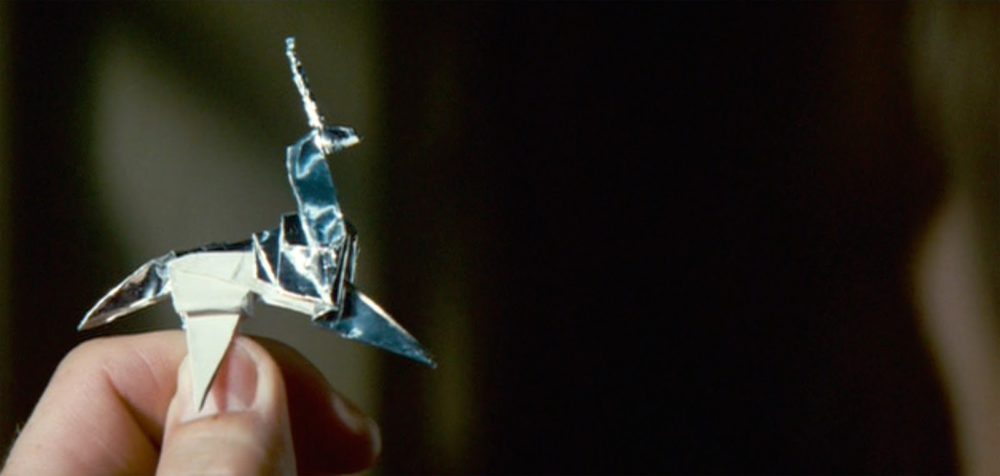
We go to coffee shops in search of good coffee, usually using an espresso machine. Espresso machines originated in Italy (Turin) over a century ago. They have evolved from steam engines to pistons to the more modern pressure pumps.
This evolution in technology has led us to new coffee makers where almost everything is regulated: the amount of liquid (approximately 30 ml), the extraction time (approximately 25 inches), the correct temperature. All of this always takes into account and depends on the type of bean, the blend, the roasting, the packaging, the carbonation, the type of grinding burr, etc., etc., etc.
There are also vending machines that don't even require a barista. They ignore all these things that are so important for good practice. (Necessary for those who don't have anything else.)
A not-too-distant future could lead us to cafes without waiters—there are already robots being tested for this type of work. We can imagine that robot knowing our tastes during coffee, our topics of conversation, having the information we need at the moment, and always being polite and correct.
In 1982, a futuristic film (Blade Runner) was released. The future takes us to Los Angeles in the year 2019 (current year). It wasn't as successful in theaters as expected, but over time it became a benchmark for fiction films. Pollution, darkness, constant rain, a city, and a softening planet. Fortunately, there are already inhabited colonies on other planets.
Advances in civilization have reached every field: spinners (flying cars), replicants (human replicas so perfect they're hard to tell apart). Not only is it difficult to distinguish a human from a replicant, but as the film progresses, it seems that replicants are more human than humans, that the material they're made of can not only be replicated but also artificially enhanced.
Some replicants had come into conflict with humans, and revolts had erupted in some colonies. Deckard is the Blade Runner tasked with eliminating certain replicants roaming unchecked within the system.
These wanted replicants, who have arrived and seen where humans are forbidden due to their condition, seek out their creator (Tyrell Corporation) to give them answers about their existence. The dialogues and monologues of the Nexus 6 are either hymns to freedom or thoughts of existentialist philosophy.
What the future holds is up to us, though it may be out of our hands. In the meantime, when looking for a good coffee shop to talk about movies: Be discerning and find good company with a professional barista and a Nexus 6 machine!